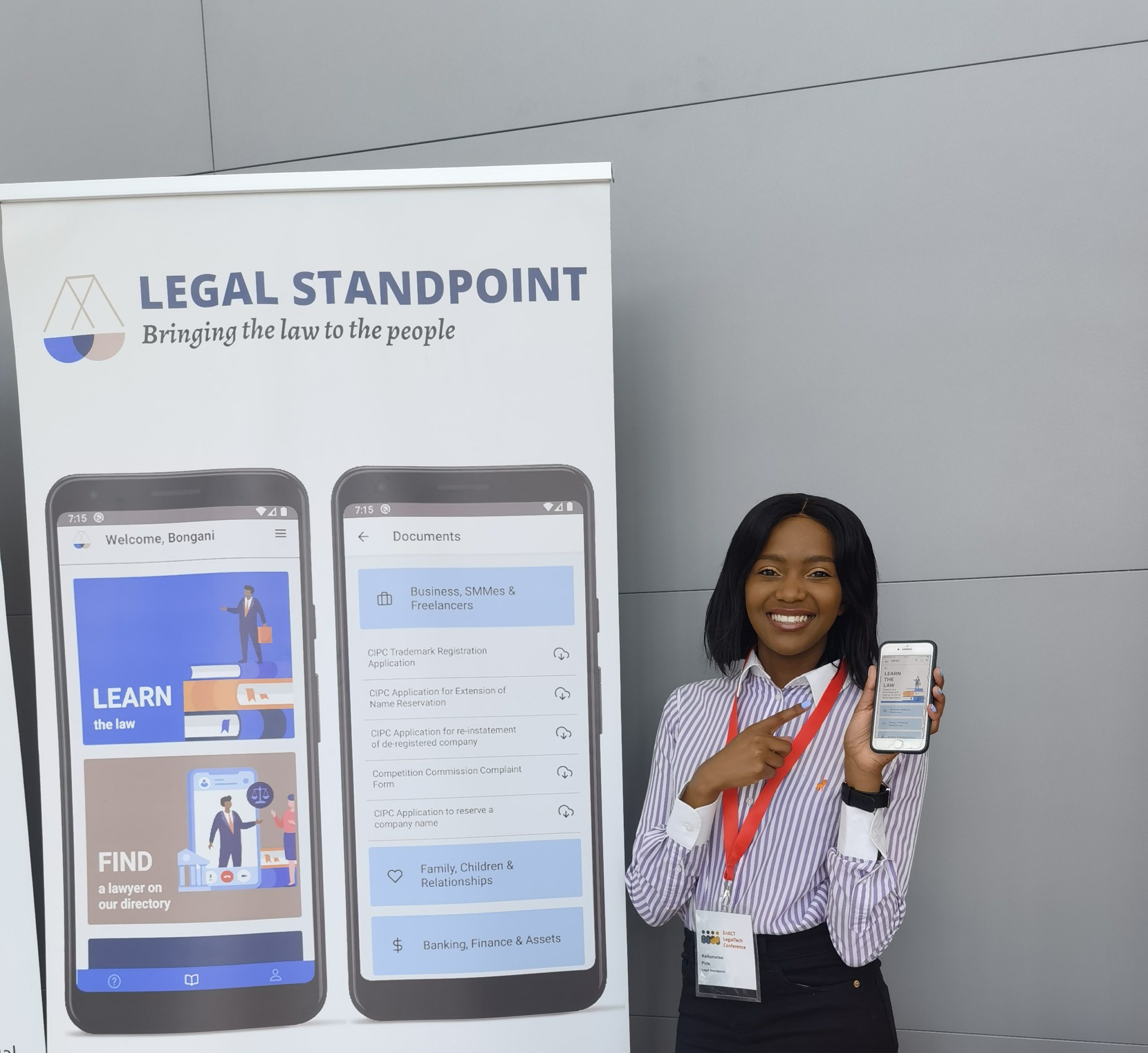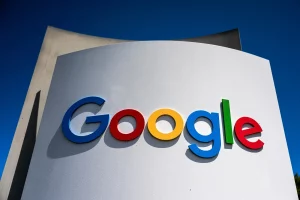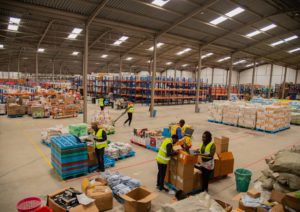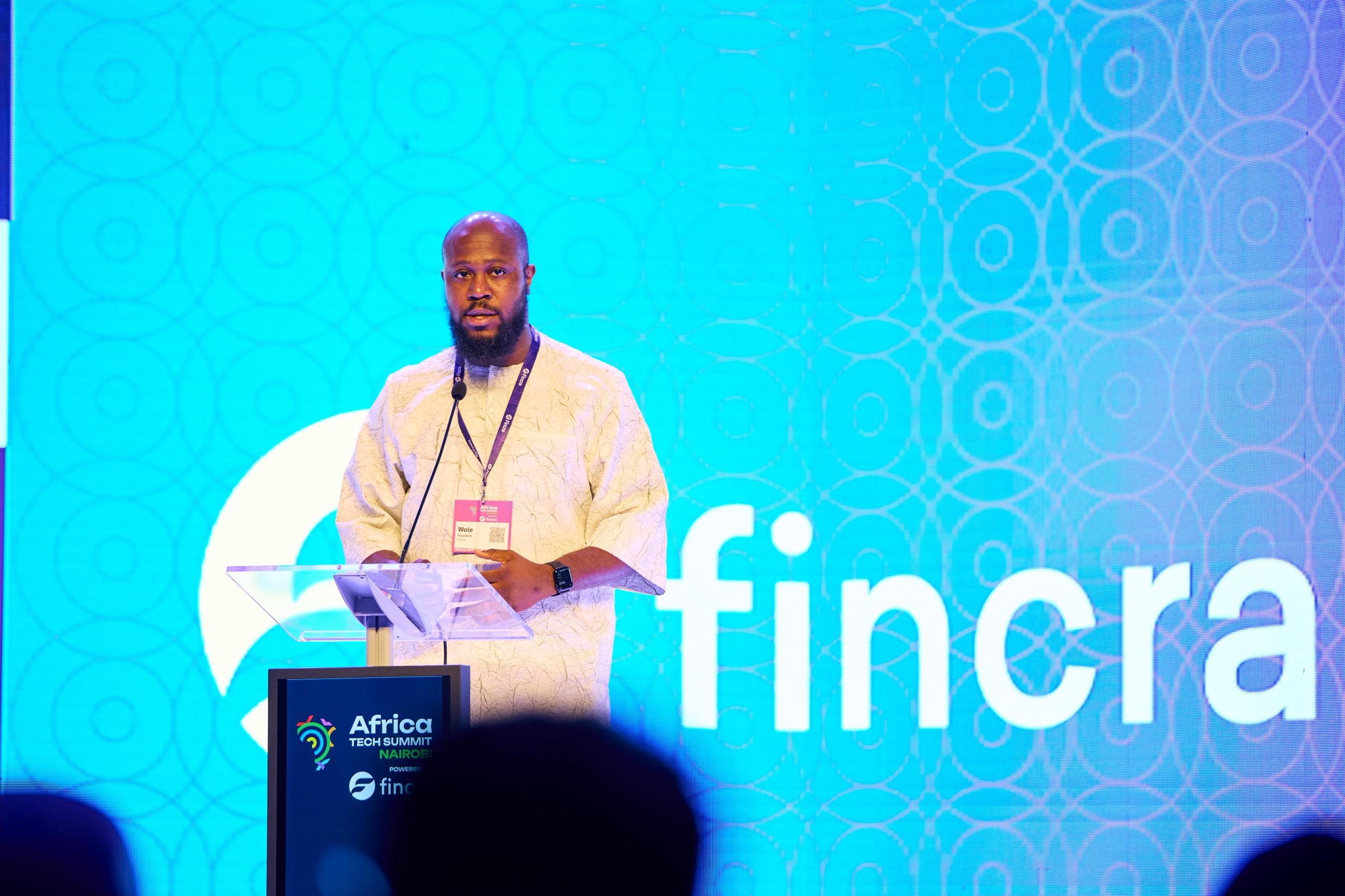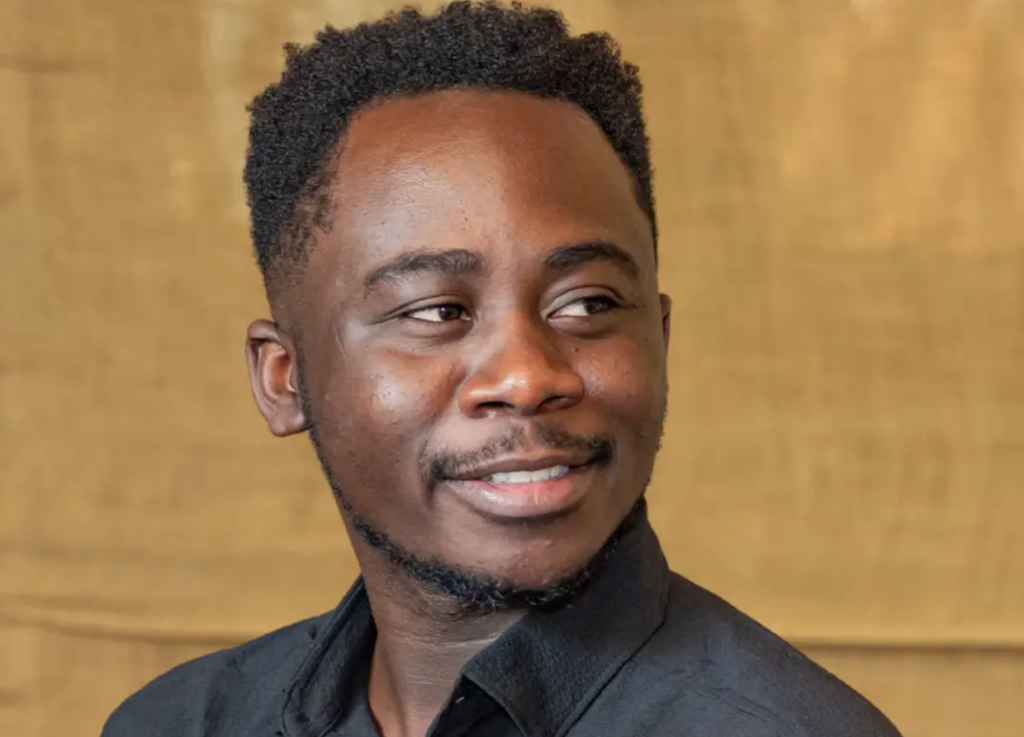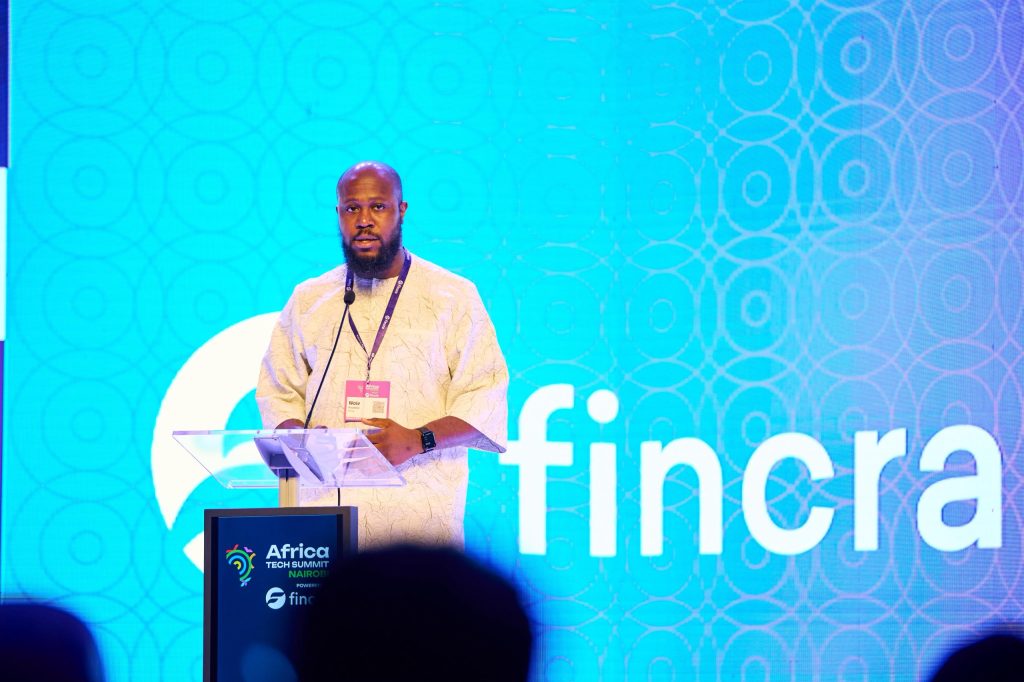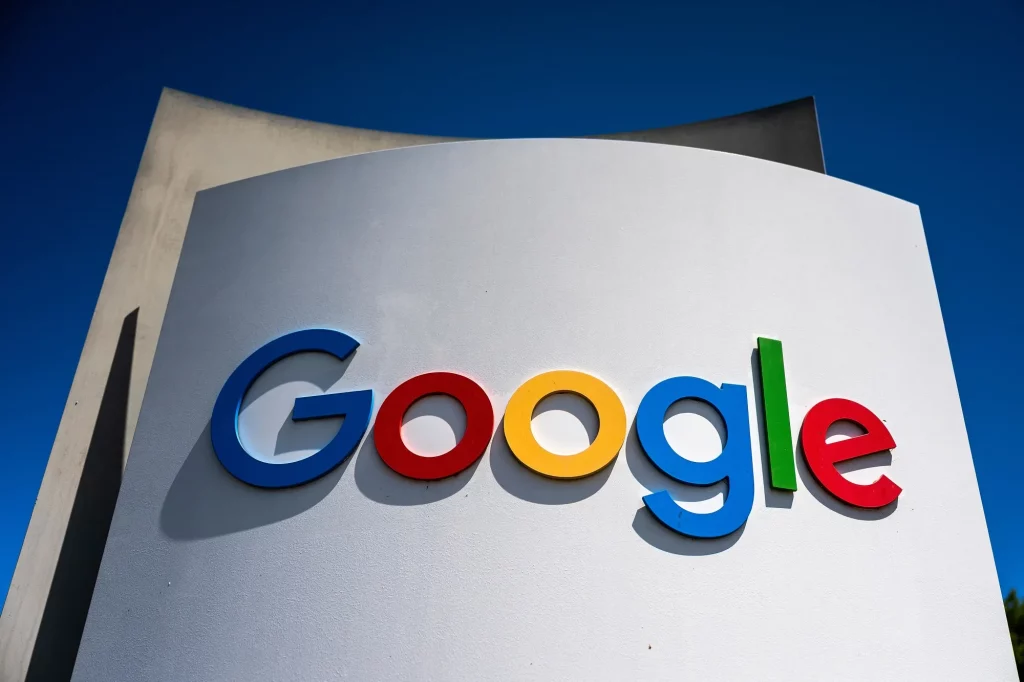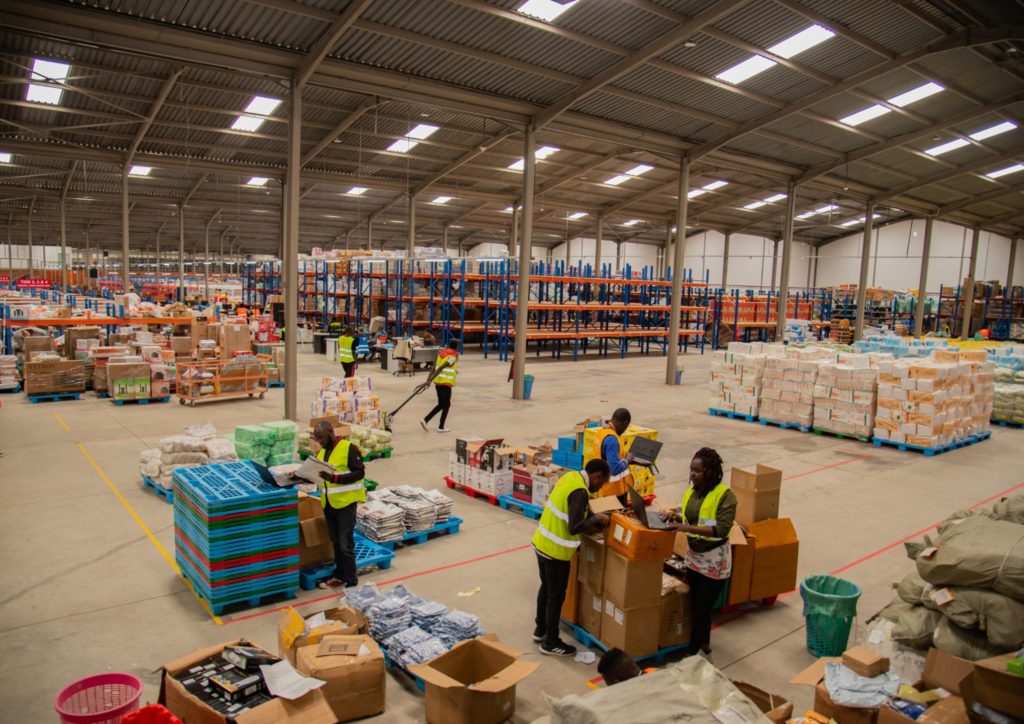In a country with one of the highest crime rate in the world, access to legal services is vital for victims. However, access to legal services in South Africa is still pretty much a privilege reserved for those with legal aid coverage or disposable income to afford the hourly lawyer rates.
To address this problem, legal tech startup Legal Standpoint has developed a mobile app which avails legal information, as well as attorneys, at a fee much lower than the traditional legal coverage.
Founded by Keitumetse Pule, a graduate of law from Wits University, Legal Standpoint in a journey to democratise legal access not only in South Africa, but eventually beyond.
TechCabal caught up with Pule to share more about the legal tech startup.
TechCabal: Please tell us more about Legal Standpoint and the problem you are addressing through the startup?
Keitumetse Pule: Legal Standpoint is a legal tech startup that’s working to democratise access to legal education and services. In essence, everything we do is geared towards making legal resources more widely available and readily accessible to everyone in the country, and eventually, in Africa and on a global platform at some point.
It’s really about saying that the law is the one thing that applies to all of us and making it as easy as possible for people to be able to talk to a lawyer and just get good legal help when they find themselves in tricky situations.
TC: How much traction would you say the offering has garnered since launch?
KP: At the moment, we have onboarded over 1,500 users on the app. The app is available for download on all major app stores including the Huawei App Gallery, Google Play Store and Apple App Store. In terms of lawyers, we have about 14 verified on the platform. The number of lawyers that have signed up is higher than that, but we have very stringent verification processes on the app, so you’ll only appear in the directory if we verify you on our side because we always want to ensure that users are talking to verified vetted lawyers at all stages.
We’ve also gotten quite a lot of visibility since we started, which has been great in terms of increasing brand awareness and getting people to know about the app. In March, we were invited to pitch at Harvard Business School and that was quite a great milestone for us. We’ve also been recognised as one of the top five democracy affirming startups in Africa earlier this year. So all in all, I think traction is going well.
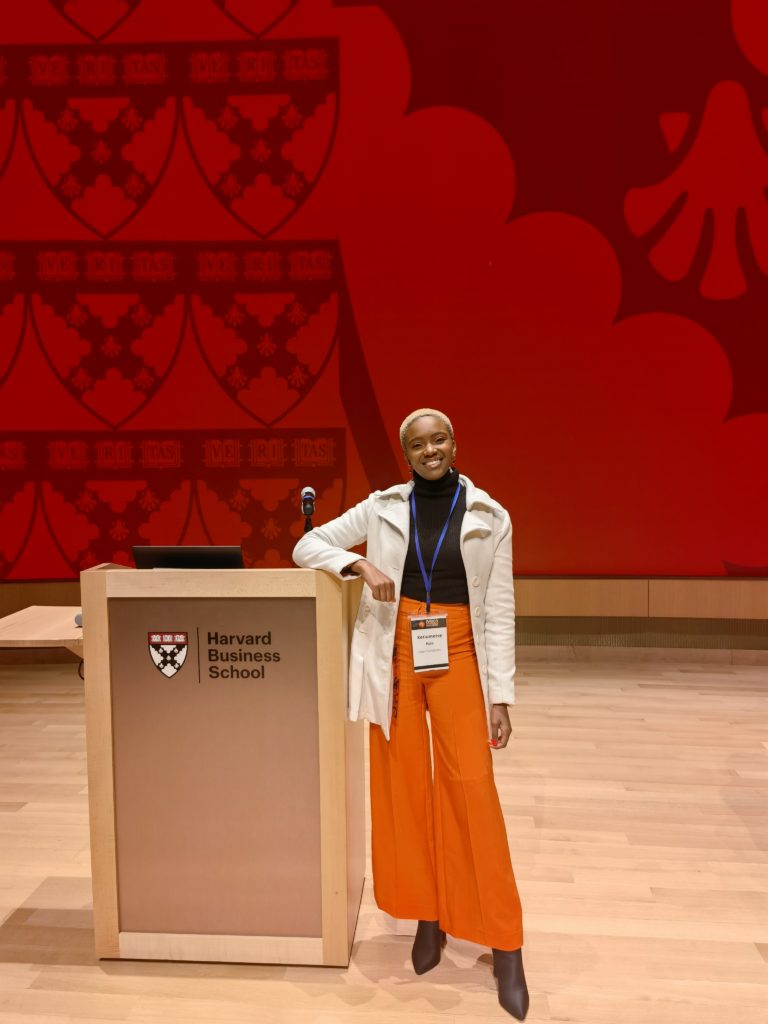
TC: What challenges have you faced in scaling Legal Standpoint and how did you traverse through those challenges?
KP: The first one is that the legal industry is not the most receptive to legal technologies, so just getting through to lawyers and getting them to see and adopt technology and see the advantage that it could have for them, and how it could aid them in doing the work has been a bit of an uphill battle. Across the board, I think the legal industry is one of the slowest adapting and responding to technology.
The other challenge has been funding, which I think a lot of entrepreneurs, you know, deal with when they are starting out. But we’ve tried to make the most with what we have. Like when we launched for example, we didn’t have a massive budget for marketing. We had to rely on our own personal social media platforms and that has really helped.
For example, when we launched the app, I put out a tweet which I did not think would garner any traction. But amazingly, it did and garnered over 300,000 impressions. So I would say those two challenges, adoption and funding, have been at the forefront and that’s how we have been trying to work our way around them.
TC: Do you think legaltech solutions like Legal Standpoint can impactfully disrupt the way legal services are accessed in South Africa?
KP: Absolutely! I think the beauty about the time in which we entered the space is that legaltech was still in its infancy in Africa. So there’s still so much unexplored territory and if you’re wanting to start out, this is probably the perfect time. We also know that COVID-19 really accelerated technology and the way in which we interact with each other.
Technology is going to be a core part of how we interact with each other, with the environment, and literally, with everything. So I think that’s another great opportunity if you want to be in the legal tech space. And now we’re seeing AI taking over and that’s a direction that we want to take a Legal Standpoint. as well, So, there’s really great opportunities if you’re wanting to solve the problem of access to justice and leverage technology to do that.
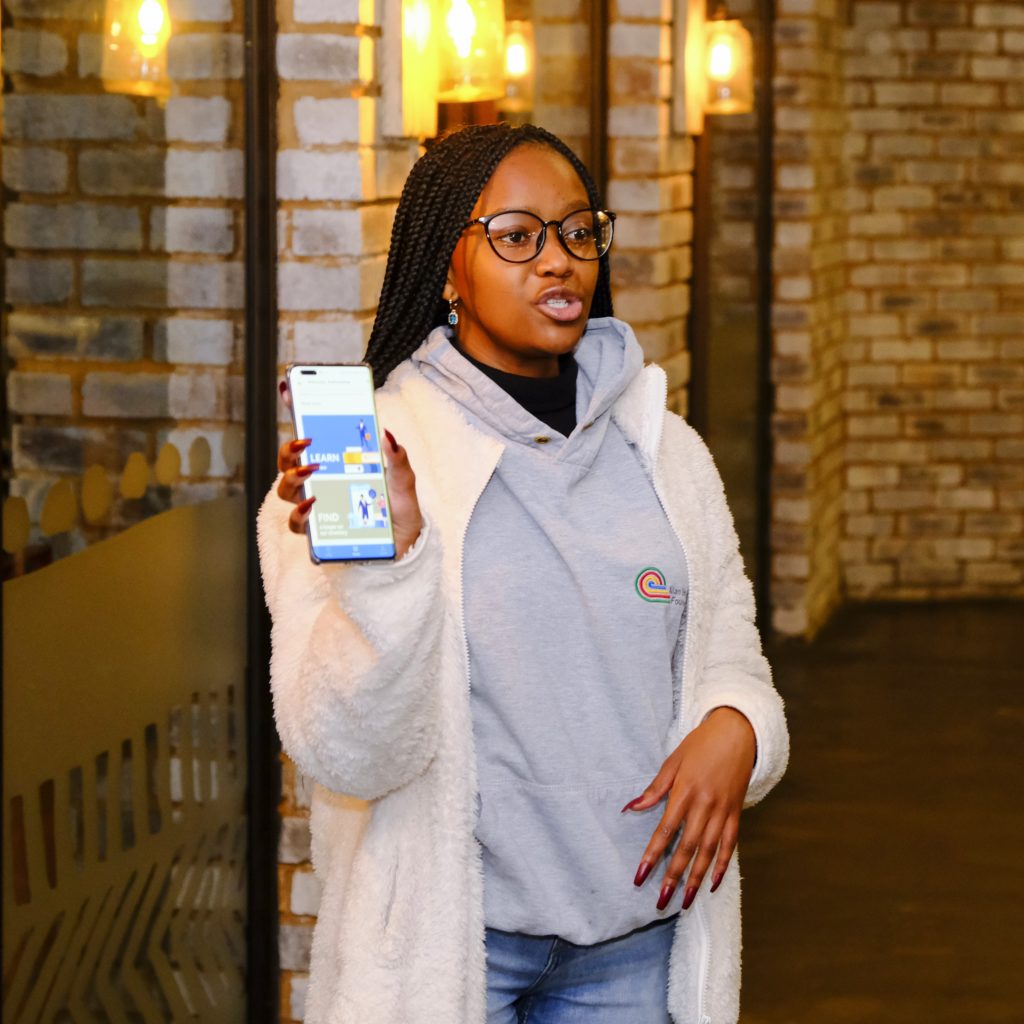
TC: How do you think legaltech solutions like Legal Standpoint can help foster inclusivity with regards to legal services in South Africa?
KP: I think they can go very far. One of the main reasons Legal Standpoint was created is because we saw that there is a huge access to justice problem in the country and there’s a lot of factors that can be attributed to that. But the two that we found, and which we’re focused on specifically, are lack of access due to jargon loaded legal texts.That’s where people don’t really understand where the law stands. They don’t understand what the law says, because it’s just so overwhelming and complex. That’s discouraging when you’re wanting to get a hold of legal resources.
The other fact which is probably the biggest issue is that legal services tend to be priced quite exorbitantly so they are out of reach for a substantial number of South Africans. With the economy getting tougher, just getting legal services is quite expensive. Legal Standpoint then sought to come with or to find lawyers and aggregate lawyers on the platform. This made legal services accessible and affordable.
I really think inclusivity in this space is so important because I grew up in Soweto where people just didn’t have money to spend on lawyers. That’s what made me want to go into law and to study law, because I saw that if you come from poor socio economic conditions, that means you don’t have as much access to such important services. , you don’t have access to information, you don’t have access to services.
According to the constitution, the law applies to all of us and it’s important for all of us to be protected by it. I don’t think it should matter who you are, where you come from, or what your socio economic circumstances are. If you need to get legal services, they should be readily available.
TC: Do you think such access provided by legaltech solutions can have any impact in addressing South Africa’s crime rates?
KP: Absolutely because the whole point of providing access to legal services is if you’re a victim of any crime or your rights have been violated in any way, you should have swift access to representation. This is a quick solution where if you have a cell phone, you can just get legal help by reading it from vetted qualified lawyers who are able to help you with that.
TC: Are there any plans to expand beyond South Africa?
KP: That’s the end goal. Because again, access to justice isn’t something that’s unique to South Africa. It’s pretty much a universal problem. Our expansion will start by looking at neighbouring markets Zambia and Zimbabwe as well as the southern Africa region. We’re building from South Africa, but we’re not building exclusively for South Africa.
Expansion would need some considerable amount of fundraising and we do have plans to fundraise in the second half of the year. Hopefully, we can secure some VC funding then. So far, we’ve been getting grants, mostly from pitch competitions and other sources and that has helped us in getting the app designed, developed, and garnered the traction that we have to this point. Funding would help us get more reach through marketing, and also getting requisite skills on the team.
TC: Where do you see legaltech in South Africa in the next 2-3 years?
KP: I really think that technology is going to be a great disrupter in the legal sector. Even though right now we’re seeing that the legal sectors seem like it’s slow to adapt tech solutions, I really think that we’re in a season and an era where you can’t ignore technology. And if it’s not a part of your business processes, you’re probably going to get left behind quite a bit.
I think in the next two to three years, we’re going to see more players in the space. I think legaltech is going to start being a more viable alternative than traditional, more conventional options in the space at the moment. I think tools like AI are going to also be very disruptive, and they’re going to really shake up the scene.
TC: For this last question, could you sell Legal Standpoint to anyone reading this?
KP: We want people to know that Legal standpoint really is a great alternative when you need to get credible legal services. Every lawyer on the app is vetted, the prices are relatively cheaper than the average prices in the legal sector right now. We really just want to keep innovating to make it as easy as possible for people to get legal help as and when they need to.
Additionally, all the articles that we have on there are translated into multiple South African languages. We are going to add more languages incrementally. Another perk is that you can read the articles offline because we’re aware that data prices are really high in South Africa.









